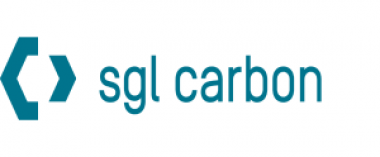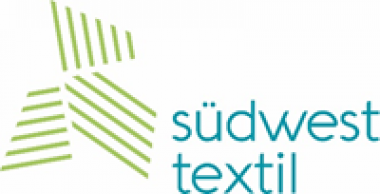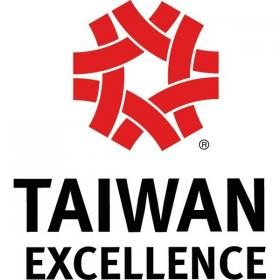SGL Carbon SE postpones Annual General Meeting
The Board of Management of SGL Carbon SE (ISIN: DE0007235301) has decided not to hold the Annual General Meeting on April 22, 2020, as planned, but to postpone it to a later date.
The cancellation of the Annual General Meeting convened for April 22, 2020, is due to the latest measures taken by the federal government, the federal states and municipalities in connection with the spread of the coronavirus (SARS-CoV-2) as well as the assessment of the Robert Koch Institute and the relevant authorities that in the following weeks infections in Germany will likely increase further. In this situation, the Board of Management decided not to hold the event on April 22, 2020, in the interest of protecting the health of our shareholders, our employees, and our service providers involved in the Annual General Meeting.
The Company will reschedule the Annual General Meeting to a later date in 2020. SGL Carbon SE will monitor the situation closely in the coming weeks and, depending on the further development of the infections, will invite its shareholders to a new date for the Annual General Meeting.
SGL Carbon
SGL Carbon














